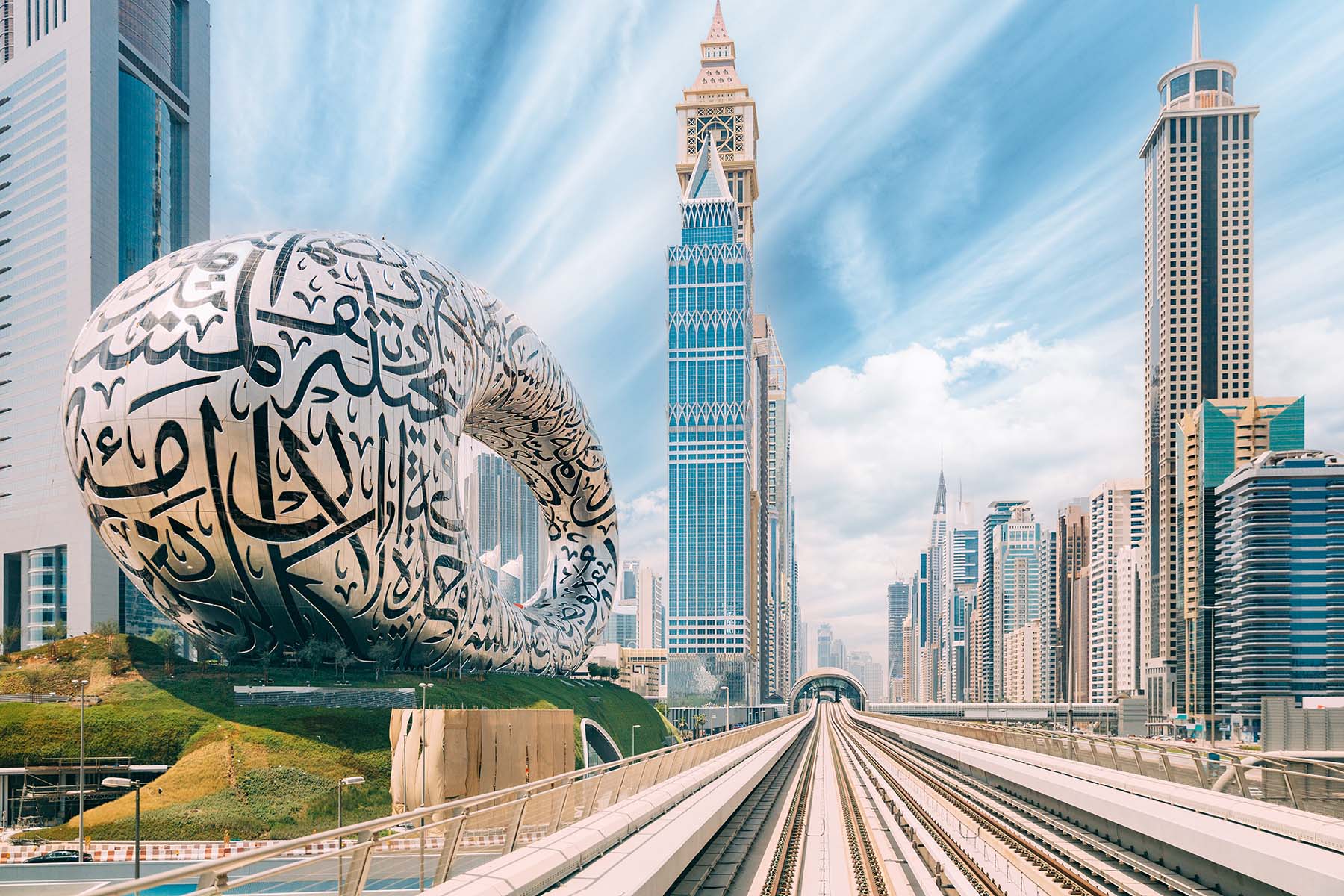On our latest episode exploring Skift’s Megatrends for 2024, Skift Editor-in-Chief Sarah Kopit is joined by Asia Editor Peden Doma Bhutia and Middle East reporter Josh Corder to talk about this year’s travel Megatrends centered on India and the Middle East.
Subscribe
Apple Podcasts | Spotify | Overcast | Pocket Casts | Google Podcasts | Amazon | RSS
Host: Sarah Kopit
Guests: Peden Domia Bhutia and Josh Corder
Producer: Jose Marmolejos
Bhutia and Corder wrote about the rising Indian middle class, a potential short-term rental boom in the Middle East, and the emergence of “Made in Dubai” as a global brand. The discussion highlights the significant influence of the growing Indian middle class on outbound travel, fueled by increased disposable income and a desire for travel experiences post-COVID. India’s outbound tourism is seen as highly aspirational, with the government facilitating easier passport procurement to boost travel.
The conversation shifts to the Middle East, where Dubai is positioned as a brand akin to New York or Paris, with its companies expected to expand internationally. The short-term rental market is identified as a key growth area in the Middle East, driven by ambitious tourism targets and a need for budget-friendly accommodation options. The panel discusses the role of celebrities like Shah Rukh Khan and Ranveer Singh in marketing destinations and the importance of value for money to Indian travelers, including the rise of “travel now, pay later” schemes.
Dubai’s strategy to become a cosmopolitan hub is underscored by its use of short-term rentals to attract long-term residents, alongside the introduction of the golden visa to encourage residency among tourists. The podcast also touches on the broader trend of luxury travel in the Middle East, the need for budget accommodations to meet the demands of the middle class, and the strategic use of luxury hotels as marketing tools to attract tourists, with short-term rentals providing practical accommodation solutions.
Subscribe to Skift Pro to get unlimited access to stories like these
{{monthly_count}} of {{monthly_limit}} Free Stories Read
Subscribe NowAlready a member? Sign in here
Subscribe to Skift Pro to get unlimited access to stories like these
Your story count resets on {{monthly_reset}}
Already a member? Sign in here
Subscribe to Skift Pro to get unlimited access to stories like these
Already a member? Sign in here
